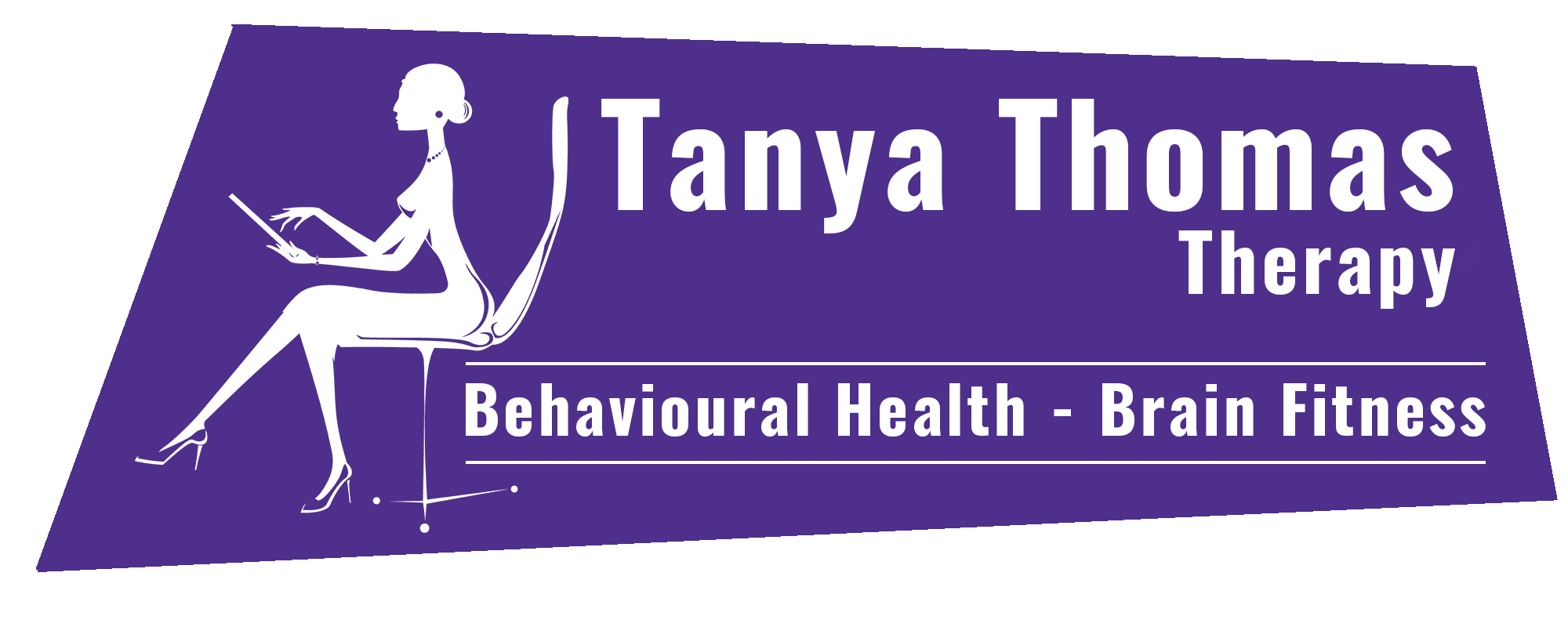Trauma / PTSD
What is trauma?
According to the American Psychological Association (APA), trauma is “an emotional response to a terrible event like an accident, rape, or natural disaster.”
However, a person may experience trauma as a response to any event they find physically or emotionally threatening or harmful.
A traumatised person can feel a range of emotions both immediately after the event and in the long term. They may feel overwhelmed, helpless, shocked, or have difficulty processing their experiences. Trauma can also cause physical symptoms.
Trauma can have long-term effects on the person’s well-being. If symptoms persist and do not decrease in severity, it can indicate that the trauma has developed into a mental health disorder called post-traumatic stress disorder (PTSD).
TYPES OF TRAUMA THAT I TREAT:
Acute trauma
This results from a single stressful or dangerous event.
Chronic trauma
This results from repeated and prolonged exposure to highly stressful events. Examples include cases of child abuse, bullying, or domestic violence.
Complex trauma
This results from exposure to multiple traumatic events.
Secondary trauma
With this form of trauma, a person develops trauma symptoms from close contact with someone who has experienced a traumatic event.
Symptoms of Trauma
Self-loathing, self-judgment, internal attacks on self-esteem, no ability to take in mitigating information
Terminal ambivalence: gets stuck, can’t make decisions or commit to a course of action, ‘self-sabotage’
Numb, intellectualised, no emotion
Regressive or aggressive behavior without ownership
Treatment
Trauma is often at the root cause of other disorders such as Anxiety, depression addictions and phobia’s. Often clients aren’t aware of the actual event that caused the trauma –as often we dissociate in order to manage the effects of the event. Even a single incident trauma leads to a divide between avoidance of trauma and our preoccupation with it
Pre-traumatic Personality
Apparently Normal Part of the Personality
This Left Brain part of the self carries on “with normal life during and after the trauma. It avoids the trauma: “It wasn ‘t that bad”.
Emotional Part of the Personality
This Right Brain part of self holds both traumatic memories and survival responses. Hypervigilance leads to preoccupation with the trauma.
